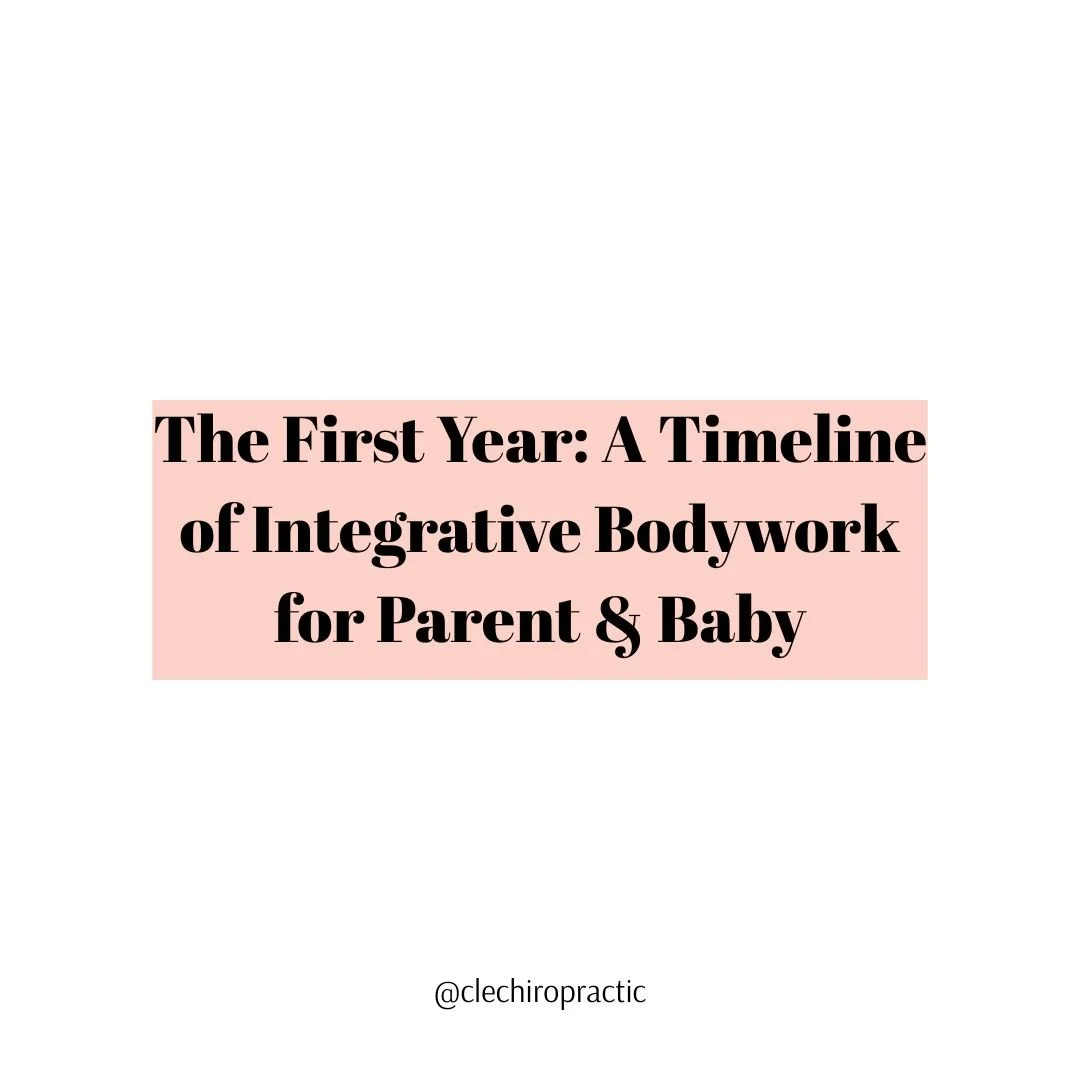Hormones play a vital role in nearly every function of the body, from mood regulation to digestion, energy levels, and reproductive health. After childbirth, a woman’s body undergoes significant hormonal shifts that can affect her physical and emotional well-being. While proper nutrition, rest, and self-care are crucial during this time, massage therapy is a powerful yet often overlooked tool for supporting hormonal balance, especially in the postpartum period.
Let’s explore how massage can help regulate hormones and provide much-needed relief for new mothers. ---
Postpartum Hormonal Shifts & Their Effects
After birth, hormone levels fluctuate dramatically as the body transitions from pregnancy to postpartum recovery. Some of the most significant changes include:
Estrogen & Progesterone Drop: These hormones, which were elevated during pregnancy, plummet immediately after birth, potentially contributing to mood swings, fatigue, and even postpartum depression.
Oxytocin Surge: Often called the "love hormone," oxytocin rises postpartum, promoting bonding with the baby and supporting breastfeeding. However, stress and exhaustion can hinder its production.
Cortisol Imbalance: New mothers often experience elevated cortisol levels due to sleep deprivation and the demands of caring for a newborn. This can contribute to anxiety, tension, and difficulty relaxing.
Prolactin Increase: This hormone supports milk production, but high stress levels can impact its balance, potentially affecting breastfeeding success.
Massage therapy offers natural support to help regulate these hormonal shifts and provide both physical and emotional relief.
How Massage Supports Hormonal Balance Postpartum
1. Encourages Oxytocin Production Massage helps stimulate oxytocin, which promotes relaxation, bonding, and overall emotional well-being. Oxytocin is essential for breastfeeding mothers, as it supports milk letdown and enhances feelings of connection with the baby. Even a simple back or shoulder massage can help boost oxytocin levels and reduce stress.
2. Lowers Cortisol & Reduces Stress The postpartum period can be overwhelming, and high cortisol levels can exacerbate feelings of anxiety and fatigue. Massage therapy has been shown to reduce cortisol, allowing new mothers to feel calmer, sleep better, and experience a greater sense of well-being.
3. Aids in Hormonal Regulation & Menstrual Cycle Recovery As the body transitions postpartum, massage can support the endocrine system, helping to restore hormonal balance. Regular massage may also help regulate the menstrual cycle, which can be irregular in the months following birth.
4. Supports Thyroid Function Postpartum thyroid imbalances are common, leading to symptoms like fatigue, mood swings, and brain fog. Massage improves circulation and lymphatic drainage, which supports overall endocrine function and can aid in restoring balance to thyroid hormones.
5. Improves Sleep & Reduces Fatigue New mothers often struggle with fragmented sleep, which can further disrupt hormonal regulation. Massage encourages deeper, more restorative sleep by increasing serotonin levels, which in turn helps produce melatonin, the sleep hormone. Even short massage sessions can promote better rest and recovery.
6. Enhances Circulation & Lymphatic Drainage Hormonal balance relies on efficient circulation and detoxification. Massage stimulates blood flow, helping to transport oxygen and nutrients throughout the body, while also aiding lymphatic drainage to remove excess fluids and toxins that may contribute to hormonal imbalances.
7. Provides Natural Pain Relief Postpartum recovery often includes soreness, muscle tension, and even headaches due to hormonal shifts. Massage helps reduce muscle tightness, improve posture (especially from breastfeeding or carrying a newborn), and relieve pain naturally, without the need for medication.
Beyond Postpartum: Long-Term Hormonal Support While the postpartum period is a critical time for hormonal recovery, women at any stage of life can benefit from massage therapy’s ability to balance hormones. Whether dealing with menstrual irregularities, perimenopause, or chronic stress, regular massage can be an effective tool in maintaining overall hormonal health.
Final Thoughts
Massage therapy is more than just a luxury—it’s a valuable tool for supporting postpartum recovery and long-term hormonal balance. By reducing stress, enhancing oxytocin production, and improving overall circulation, massage helps new mothers feel more energized, balanced, and supported during this transformative stage of life. If you're navigating postpartum recovery or simply looking for ways to support your hormonal health naturally, consider incorporating massage into your self-care routine. Your body—and your hormones—will thank you!





